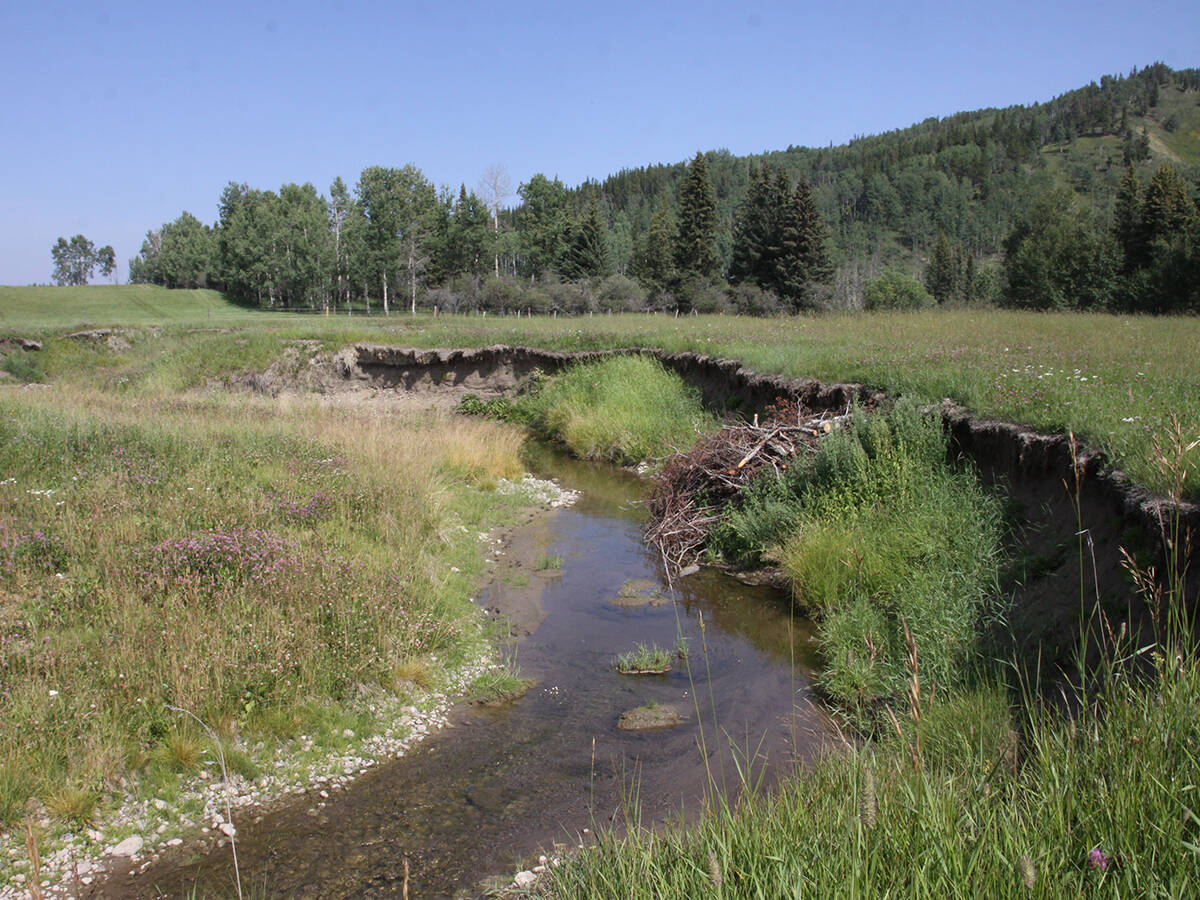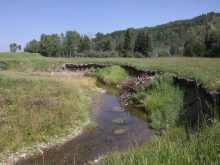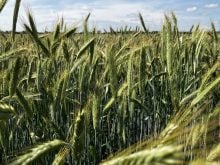EDMONTON – Conservative majorities in Alberta ridings have become such a national fascination that last week, a reporter from Montreal’s La Pressenewspaper was in the province trying to unravel the secret.
One evening, he was in Crowfoot riding southeast of Edmonton, meeting with locals to try to understand why Conservative Kevin Sorenson, a longtime MP, racked up Canada’s biggest majority last election – 82 percent of votes cast.
Humphrey Banack, president of the provincial farm lobby Wild Rose Agricultural Producers and a voter in Crowfoot, was going to the April 7 meeting with the Quebec reporter.
Read Also

Alberta eases water access for riparian restoration
Alberta government removes requirement for temporary diversion licence to water plants up to 100 cubic metres per day for smaller riparian restoration projects
“Why?” he asked before the meeting. “I don’t know. He’s a good guy and he’s Conservative.”
While Sorenson’s margin of victory is eye-popping in a multi-party state, many Alberta Conservative MPs are not far behind. In 2008, Ted Menzies won 77 percent of the vote in the southern riding of Macleod and Brian Storseth won 73 percent of the vote in the northern Westlock -St. Paul riding.
In Yellowhead, Rob Merrifield regularly wins larger majorities than Joe Clark did in 1979 when he led the Progressive Conservatives to a minority government and the prime minister’s office.
“They are winning these seats with unheard of majorities,” notes Rod Scarlett, former executive director of WRAP now with the Canadian Honey Council.
Steve Patten, a political science professor at the University of Alberta, suggests the voter attachment to the Conservatives and the Reform party before them is not about policy as much as Albertan’s perceptions of themselves.
They have distinct interests that often are at odds with the interests of the rest of Canada, or at least Ontario and Quebec.
“In Alberta, one of the things that shapes politics is what are perceived as Alberta’s interests,” he said in an April 8 interview. “They have allowed the Conservatives not only to be a powerful political force but also to convince Albertans that they represent Alberta’s interests.”
It began in 1993 when the upstart Reform party, populated by Albertafirst candidates like prime minister Stephen Harper, dislodged the Progressive Conservatives with arguments that the PCs were pandering too much to Ontario and particularly Quebec interests.
Patten said it is a juggling act of any federal party with support in Alberta to appeal to other parts of the country while not appearing to abandon Alberta interests.
“This can be overstated but I think voters here vote as Albertans and who they think will best represent Alberta interests,” he said. “The other parties simply don’t have that credibility.”
Scarlett said the Conservatives have been successful at keeping the rural Alberta vote despite flirtation with eastern interests by returning to “emotional issues that touch voters here,” such as gun control and the Canadian Wheat Board monopoly.
It doesn’t hurt that the Conservatives have to constantly fend off opposition attacks in Ottawa against support for Alberta’s oil industry.
From his riding south of Calgary, minister of state for finance Menzies said in an April 9 interview a more simple explanation is that that the Conservatives reflect the Alberta sensibility.
“Albertans are conservative, aiming for self-sufficiency, independent,” he said. “Conservative values are that we value doing it for ourselves and not waiting for government to come in.”
















